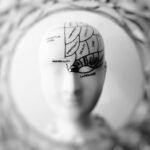Table of Contents
Multiple Sclerosis Quick Bytes
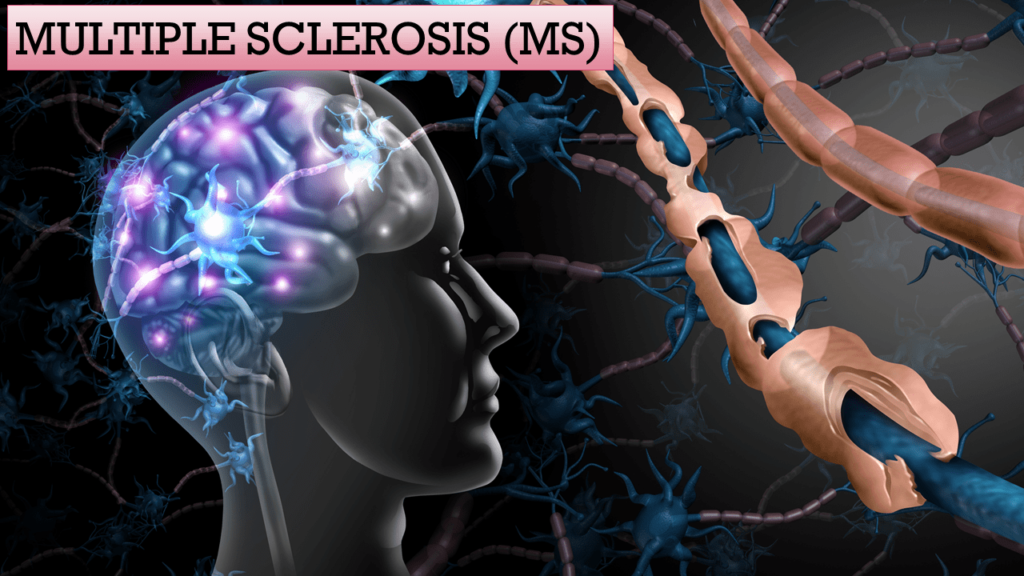


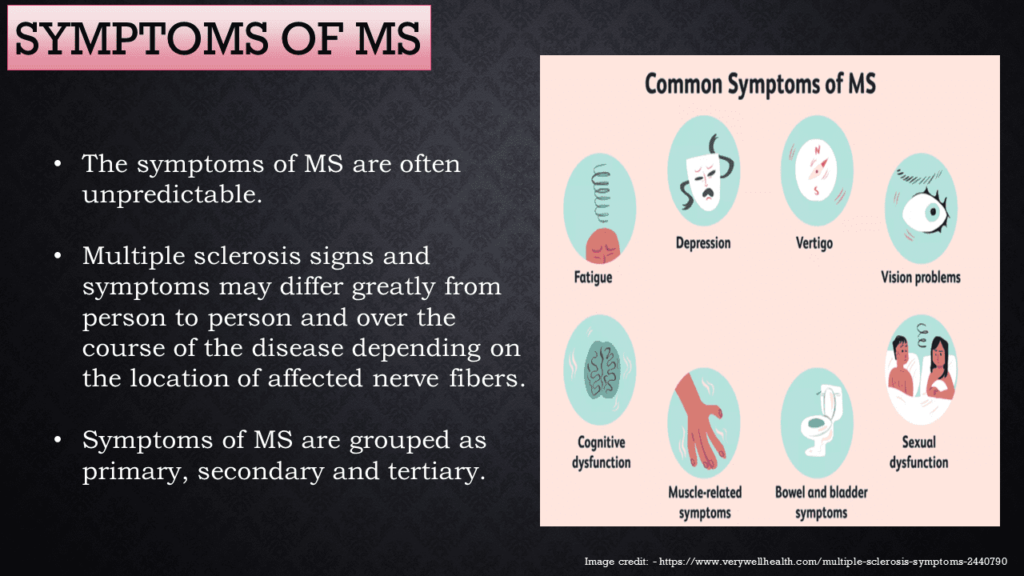
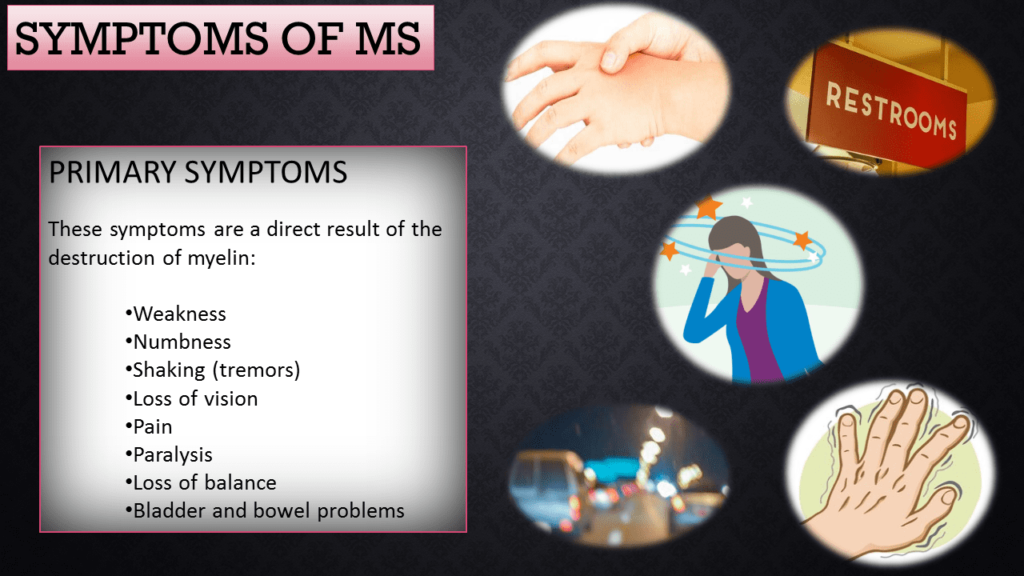
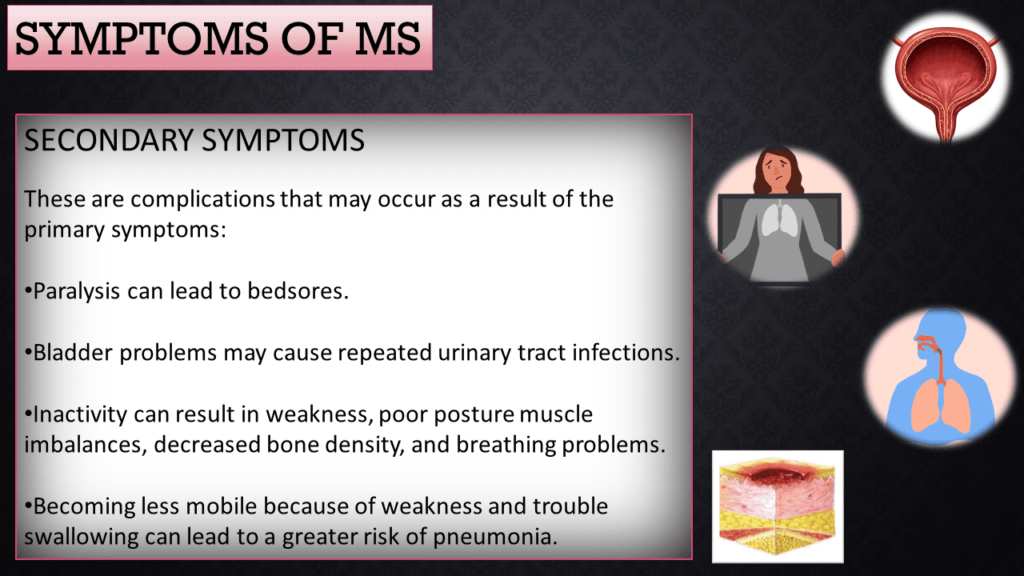
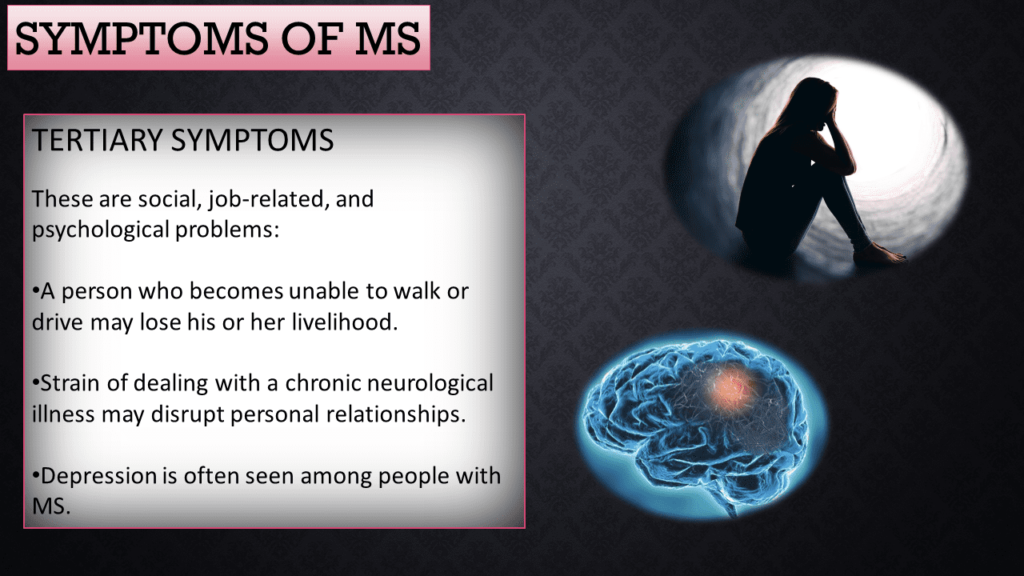
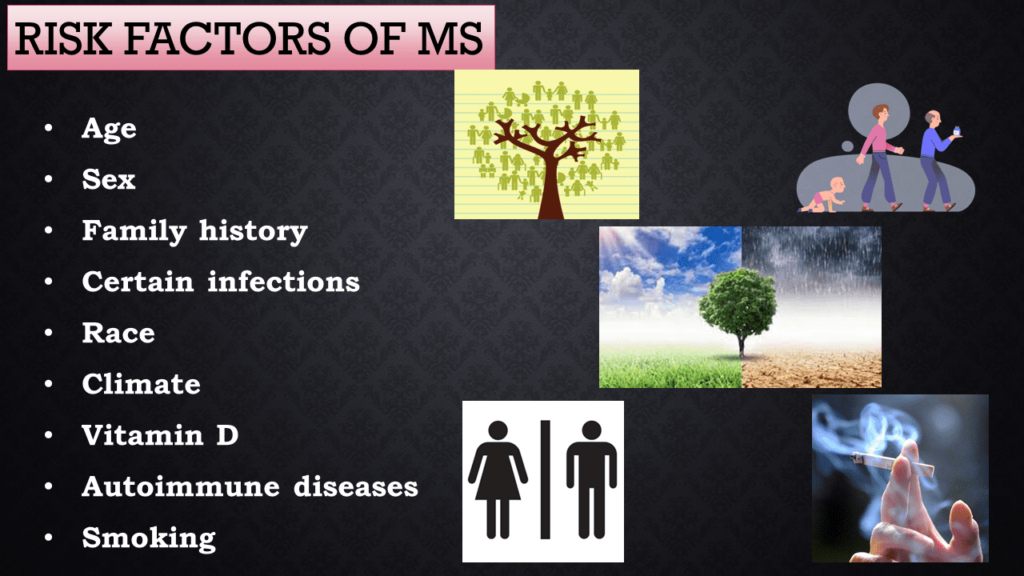
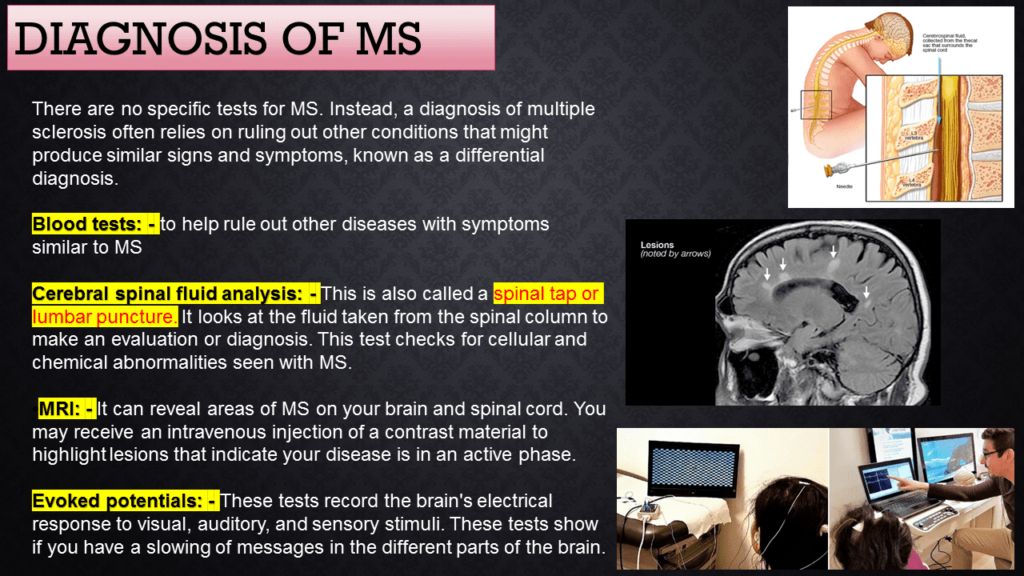
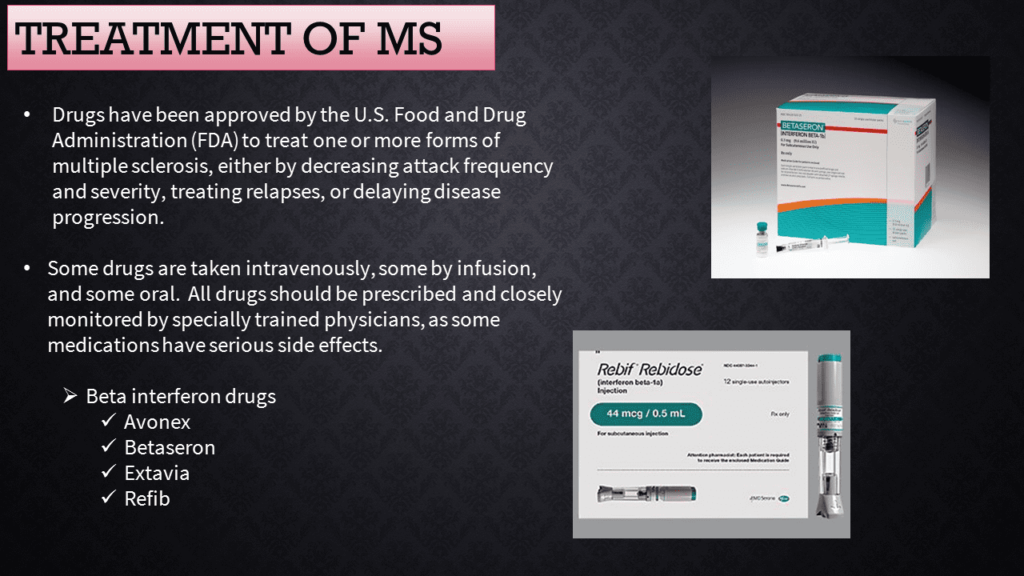
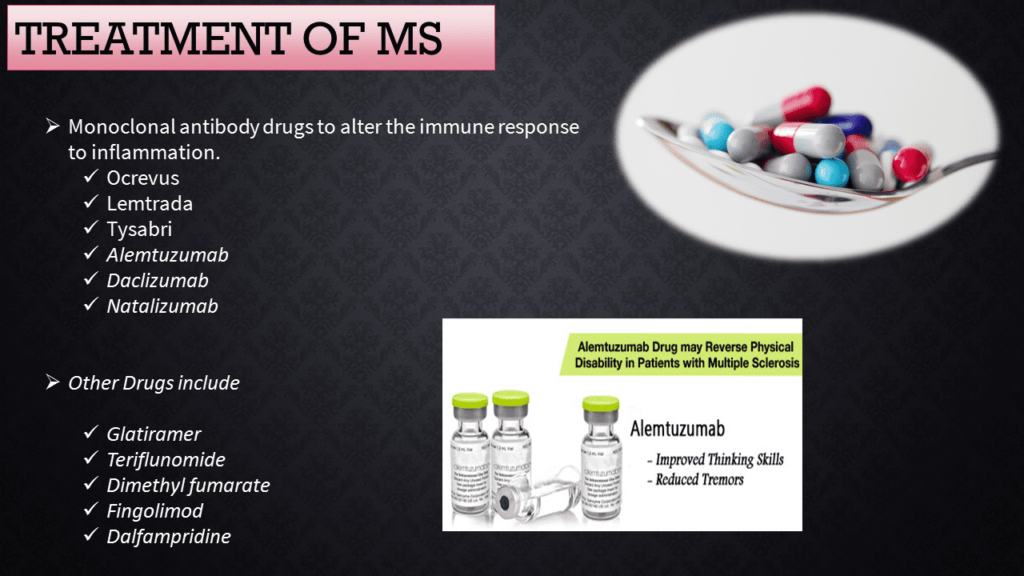

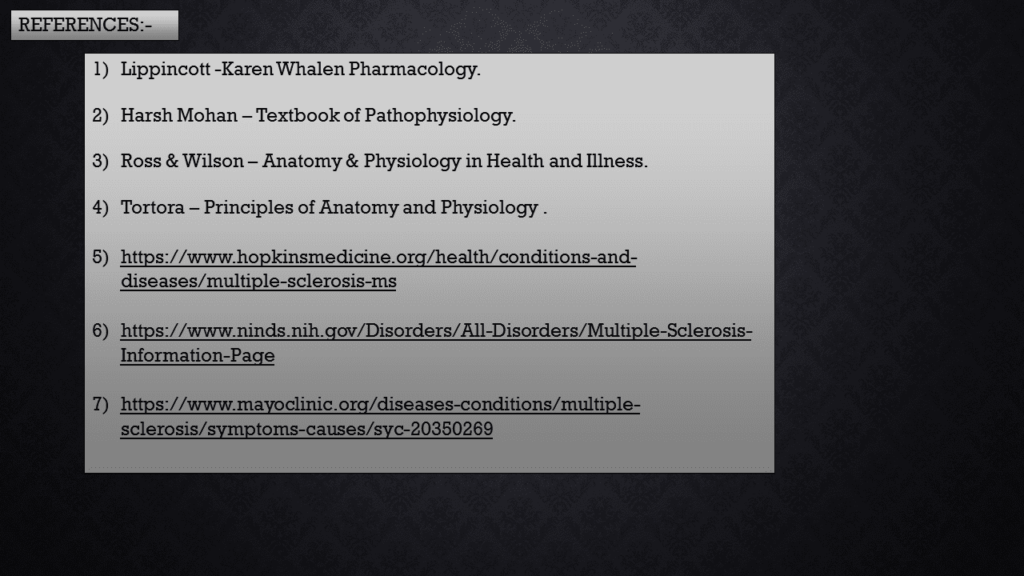
Consult Neurologists in Mumbai
- Dr. Vrajesh Udani- Neurologist in Mumbai
- Dr. Zehra Husain- Neuro Surgeon at Saifee Hospital, Mumbai
- Dr. YOGESH PATIDA- Neurologist at Bhaktivedanta Hospital, Mumbai
- DR. VISHAL KUNDNANI- Spine Surgeon in Mumbai
- Dr. Vinod Rambal- Neuro Surgeon in Mumbai
- Dr. Viswanathan Iyer- Neuro Surgeon at Hiranandani Hospital, Mumbai
- Dr. VISHWANATHAN IYER- Neuro Surgeon at Kohinoor Hospital, Mumbai
- Dr. Vivek Agrawal- Neuro and Spine Surgeon at Sir H. N. Reliance Foundation Hospital, Mumbai
- DR. VINAY S. CHAUHAN- Neurologist at Lilavati Hospital, Mumbai
- Dr. Virendra Manek- Neuro Surgeon at Bhaktivedanta Hospital, Mumbai
Multiple sclerosis is a disabling disease that affects the brain and spinal cord. It is thought to be an autoimmune disorder. The immune system attacks the myelin sheath. This protective sheath covers nerve fibers and causes communication problems between your brain and the rest of your body.
Refer Multiple sclerosis Pictorial Presentation

Multiple sclerosis ranges from relatively benign to devastating, as communication between the brain and other parts of the body is disrupted.
What Causes disease?
The exact cause of multiple sclerosis is unknown. It is considered an autoimmune disease in which the body’s immune system attacks its own tissues. It destroys the fatty substance that coats and protects nerve fibers in the brain and spinal cord. The possible causes include genetic factors, environmental factors, and infectious agents.
What are the Risk Factors?

- Age – It usually occurs around 20 and 40 years of age.
- Sex – Women are more likely to get affected than men.
- Family history – History of multiple sclerosis increases the risk.
- Certain infections – Most of the virus has been linked to multiple sclerosis.
- Race – Northern Europeans are at higher risk than others.
- Climate – More common in temperate climates
- Vitamin D – Low level of vitamin D is linked with high risk.
- Autoimmune diseases
- Smoking – Smokers may signal more often than non-smokers
Multiple Sclerosis: Signs and symptoms
The symptoms of MS are often unpredictable. The signs and symptoms may differ greatly from person to person and throughout the disease. The possible symptoms include: –
- Weakness
- Numbness
- Shaking (tremors)
- Loss of vision
- Pain
- Paralysis
- Loss of balance
- Bladder and bowel problems
What are the Complications?
- Muscle spasms
- Paralysis
- Bladder problems
- Mood swings
- Depression
- Epilepsy
Diagnosis: How to diagnose Multiple Sclerosis?

There are no specific tests for MS. However, a diagnosis of multiple sclerosis depends on ruling out other conditions that produce similar signs and symptoms.
- Medical history – Check for symptoms and other risk factors.
- Diagnostic tests – The tests performed are:
- Blood tests: – Help to rule out other diseases with symptoms similar to MS
- Cerebral spinal fluid analysis: – Test for cellular and chemical abnormalities seen with MS.
- MRI: – It can identify areas of MS on your brain and spinal cord.
- Evoked potentials: – Record the brain’s electrical response to visual, auditory, and sensory stimuli.
Treatment: How is Multiple Sclerosis treated?

- Medications
- Physical therapy
- Balanced diet
- Relieve stress
- Medications-Beta interferon drugs
- Avonex
- Betaseron
- Extavia
- Refib
- Monoclonal antibody drugs
- Ocrevus
- Lemtrada
- Alemtuzumab
- Physical therapy
- Balanced diet
- Relieve stress
Prevention: Can we prevent Multiple Sclerosis?
Prevention of disease –
There is no approved method of prevention.
Living with the disease–
Taking medicines as directed by the physician leads to ease in symptoms. Using equipment like canes or walkers can help with walking difficulty. Rehabilitation activities can also help to keep functioning.
When to see a doctor? :
It is wise to consult with a gynecologist immediately if observed any symptoms. The typical consultation fee for a gynecologist ranges from Rs. 200 to Rs. 2500 in India.
- New Delhi – INR 300 to 2000
- Mumbai – INR 500 to 2500
- Chennai – INR 400 to 1200
- Bengaluru – INR 350 to 1000
- Hyderabad – INR 200 to 1500
Check the Neurological Disorders
- How Cerebral Hypoxia can lead to brain damage?
- Bipolar Disorder
- Mononeuropathy
- Poliomyelitis
- Neurodegenerative disorders
- Huntington’s disease (HD)
- Cerebral edema
- Migraine
- Brain Hemorrhage
- Epilepsy
- Polyneuropathy
- Encephalitis
- Increased Intracranial Pressure
- Types of Brain Tumors You Should Know About
- Brain Stroke: Symptoms, Diagnosis and Treatment





















